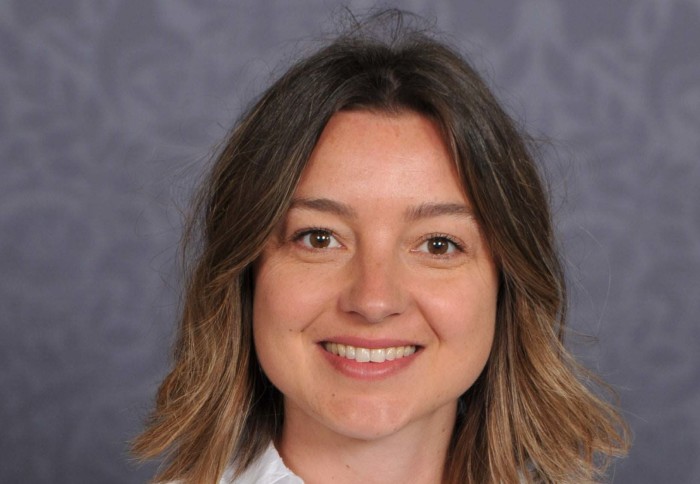Bringing minds together – Bolstering collaborations with FAPESP grant
by Zara Qadir

In today’s research world of teleconferences, the value of face-to-face encounters can often get overlooked
Working across time zones and geographies can be a real barrier for researchers. This challenge motivated Dr Sara Budinis, from the Department of Chemical Engineering and a researcher at the Sustainable Gas Institute (SGI), to apply and win a FAPESP-Imperial College Engagement System. The aim of the travel-scheme is to support collaborative international activities and alliances.
Dr Budinis has secured £24,000 over a two-year period, which will allow researchers from the two leading universities, University of São Paulo (USP) and Imperial College London to work together more closely.
Their goal is to use the new global energy system model called MUSE, to develop a case study around Brazil.
Sara explains why this grant is important to their work:-
‘It helps support research that is already happening.
We are working with the Research Centre for Gas Innovation (RCGI) at USP, and the grant will be shared equally between us.
The grant will essentially cover one of week travel and expenses for two people from each university.
The idea during this time is to do an intense research hackathon and share our knowledge.
While our Institute has expertise in the field of integrated assessment modelling we need national data for Brazil. RCGI can provide this data and learn from us how to model global, national and regional energy systems.”
There is a good justification for developing Brazil as a case study for MUSE, Sara explains. This is because Brazil is one of the BRICS (Brazil, Russia, India, China and South Africa) countries, and therefore represents one of the major emerging national economies.
An accurate techno-economic representation of Brazil is important and will include national sub-sectors such as power generation, fossil fuels refining, industrial production, residential and commercial activities, and national and international transport and trading. Sugar cane industry in Brazil will provide mini case study.
This research collaboration will happen in parallel with the existing project “Sustainable gas pathways for Brazil; from microcosm to macrocosm”, which has been funded by NERC (Natural Environment Research Council) and is currently investigating decarbonisation of gas and utilisation of pre-salt reserves in Brazil.
Article text (excluding photos or graphics) © Imperial College London.
Photos and graphics subject to third party copyright used with permission or © Imperial College London.
Reporter
Zara Qadir
Department of Earth Science & Engineering
